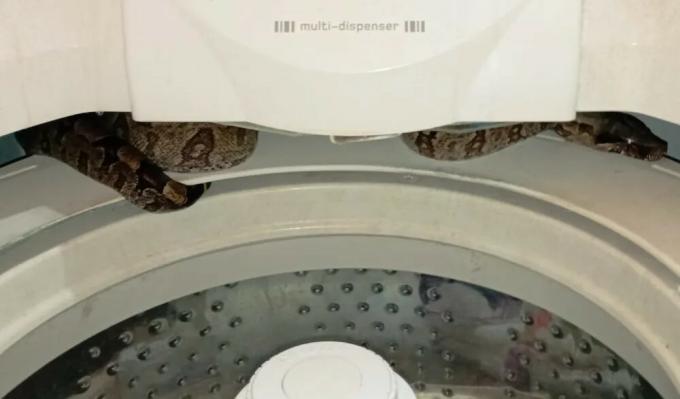cats are animals fascinating and fun to watch, but they can also be confusing. It is common for cat owners to be concerned when they see their cats playing with other animals or with each other, as sometimes it is difficult to distinguish whether cats are playing or fighting. Fortunately, researchers study cat behaviors to help owners spot the difference between play and fight, and here are some results.
Feline fight or play? Check out the ways to identify
see more
Cats aren't snobs, but they act different with some people and some...
Can cats live for more than 25 years?
The research below talks about the behaviors to be observed to distinguish between fighting and playing with your cats:
Observe the cat's posture
One of the easiest ways to tell if your cat is playing or fighting is to pay attention to its body posture. When cats play, they tend to have a more relaxed posture, with the body leaning back slightly and the front paws extended to reach the toy or the opponent.
Additionally, they can do smooth, controlled movements such as scratching or doing short jumps.
When they are fighting, they tend to have a more tense and rigid posture, with the body raised and the front paws trapped and ready to attack. In addition, they can make faster and more aggressive movements, such as biting or scratching hard.
Evaluate the expressions the cats are making
Another way to tell if the cat is playing or fighting is to pay attention to its facial expressions. When cats play, they tend to have a more relaxed and playful expression, with their ears up and their mouths half-open.
When they are fighting, they tend to have a more tense and serious expression, with their ears placed back and their mouth closed. In addition, cats' eyes can change shape, becoming more dilated or narrowed, depending on whether they are playing or fighting.
Know if it's a fight or fun through the meows
The sounds that cats make can also help identify whether they are playing or fighting. When cats play, they can make soft, playful sounds like meowing, purring or soft growling.
When they are fighting, they may make louder, threatening sounds, such as screeching, growling, or aggressively meowing.
Other things to look out for in cats
In addition to the points shown above, the behavior of cats after interaction can also help identify whether they were playing or fighting. When cats are done playing, they tend to peacefully move away from each other and rest together.
When they end a fight, however, they can become tense and alert, keeping a distance from each other for a period.
The researchers also observed that cats tended to play more with animals or toys that were known and trusted by them. When a cat doesn't know the other animal or the toy, it may be more alert and ready to fight if it feels threatened.
Therefore, it is important for cat owners to supervise interactions between new cats to ensure they are behaving in a friendly manner and to avoid fights.
Conclusion of the survey
Identifying whether the cat is playing or fighting can be a challenging task, but paying attention to body posture, facial expressions, sounds produced and behavior after the interaction can help to have a more accurate understanding of the situation.
Cat owners need to be aware of these signs to ensure their cats are safe and healthy during interactions with other animals or toys.
It is important to remember that cats are independent animals and can behave differently depending on the situation. However, by paying attention to the above-mentioned signs, cat owners can have a better understanding of the behavior of your cats and ensure they are safe and healthy during interactions with other animals or toys.


